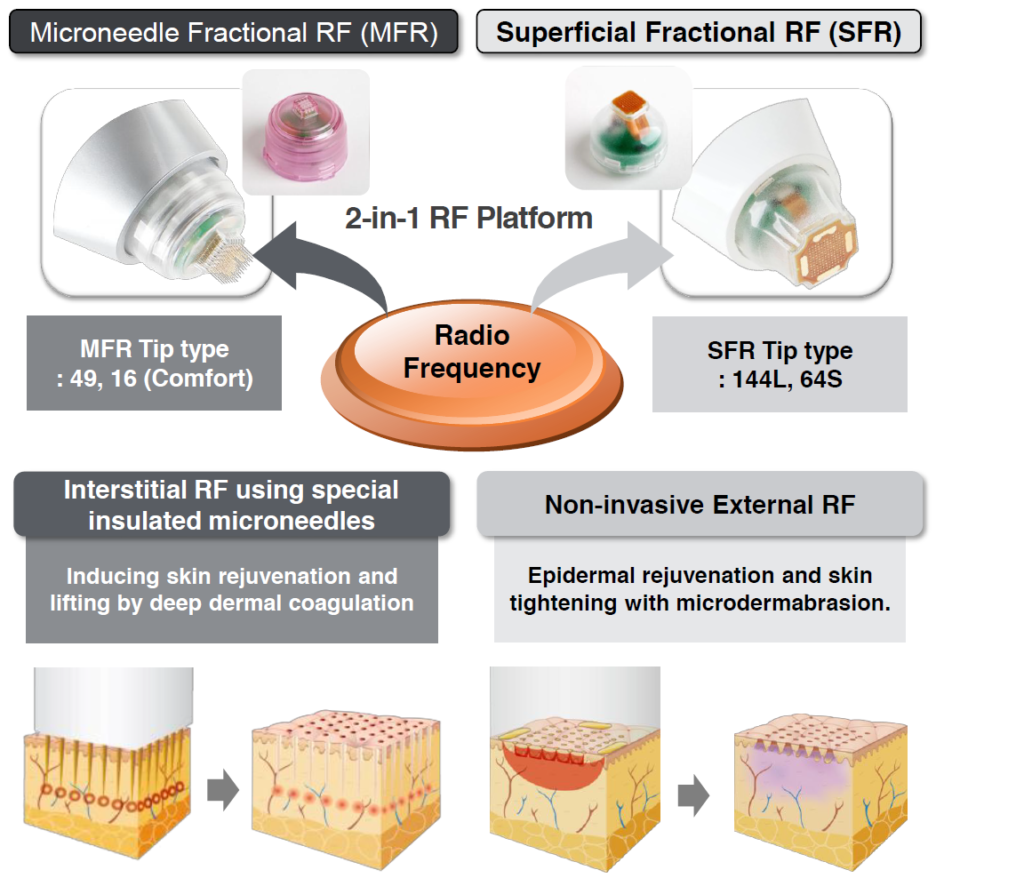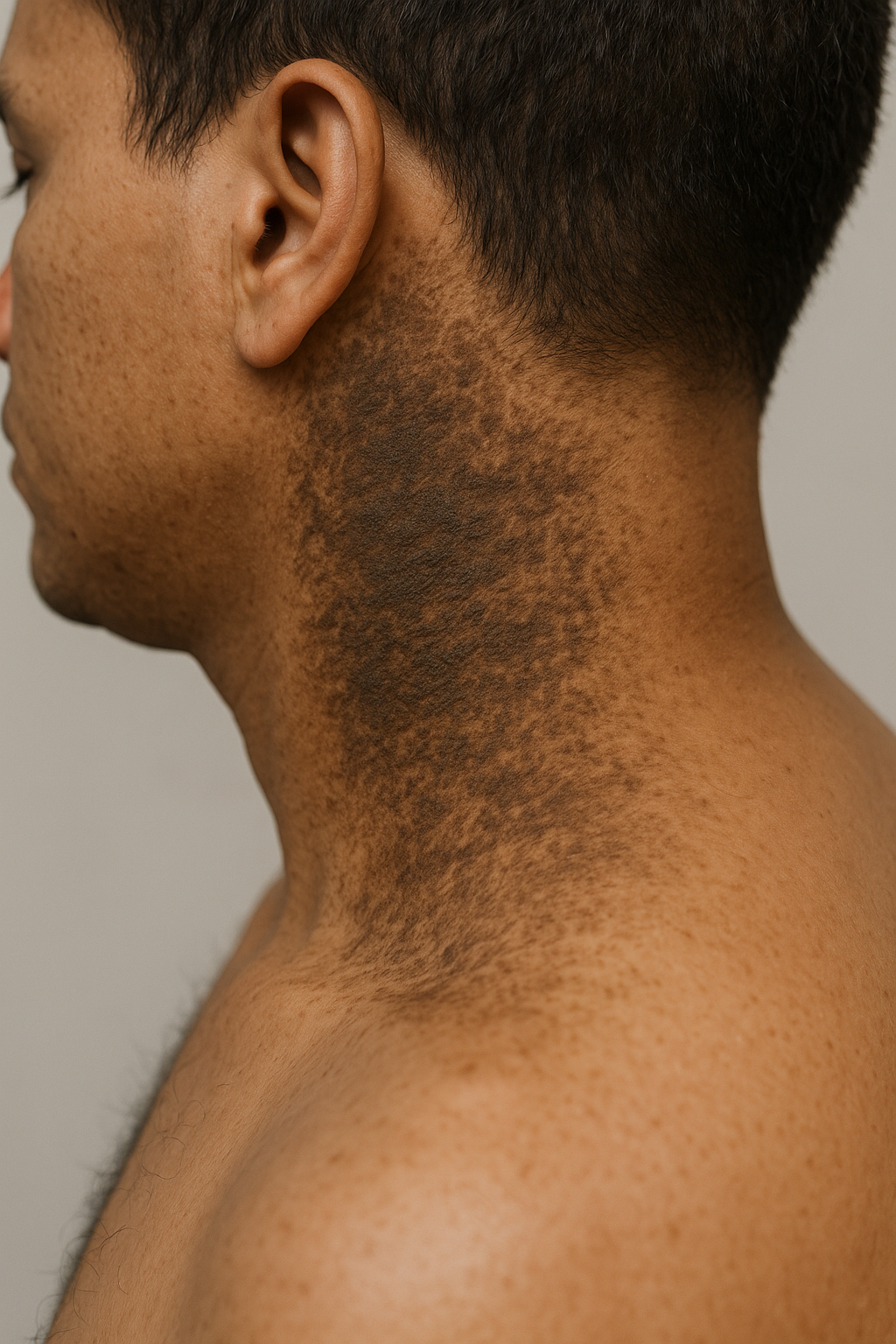Acne Scarring: Energy Based Techniques
Acne scarring is one of the most common negative side effects of acne caused by the uneven formation and deposition of collagen around the inflamed follicles. The scarring leads to a negative impact on the quality of one’s life including the depression. Moreover, acne scarring has been linked with low self-esteem, anxiety, and even poor academic performance. Over recent time periods, medical interventions have evolved to successfully decrease the visibility of scars. The types of medical treatment for acne scarring have been grouped into two broad categories: energy based and non-energy based techniques.
For non-energy based techniques, visit the following link:
Acne Scarring Removal: Non-Energy Based Techniques
Energy based techniques include lasers and radiofrequency devices.
Lasers are the most common method of energy based techniques and can be further classified into ablative, fractional ablative, and non-ablative. In the past, the ablative laser method was widely used due to its high success rate just after one session. The procedure included the removal of the epidermis and partially dermis layers on affected skin area(s), which was leading to remodelling and
Radiofrequency (RF) devices imply the technique of passing electrical current flows through the skin between the electrode-pin rows which in return generates deep dermal heating. As a result, the injury of the skin is induced which causes a natural healing process and stimulates the dermal collagen to remodel.
The

Centre for Medical and Surgical Dermatology offers radiofrequency treatment as one of its options to treat acne scarring. For more information about this procedure, visit the following link:
Centre for Medical and Surgical Dermatology offers various acne scarring removal procedures that are individual for each patient. For more information on the acne condition, visit the following link:
2 Comments
Comments are closed.
Related Posts




I think the admin of this website is in fact working hard in favor of his website because here every material is quality-based data.
This is very interesting, You’re a very skilled blogger.
I have joined your rss feed and look forward to seeking more of your wonderful post. Also, I have shared your website
in my social networks!